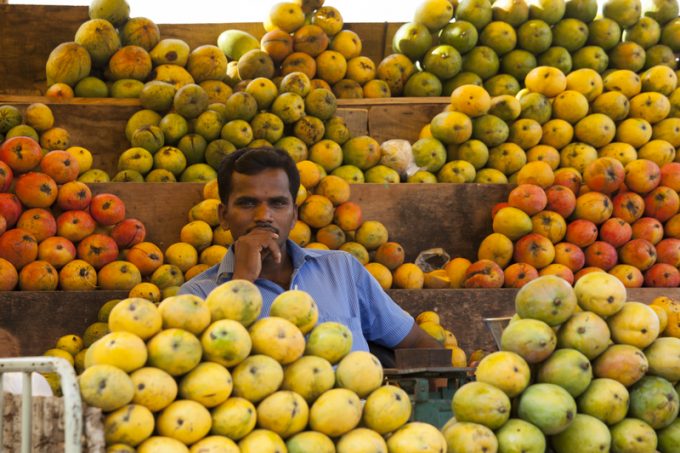India ready to lower US tariffs in exchange for concessions
India has agreed to the US Terms of Reference for the bilateral trade agreement, after ...

As fresh Indian mangoes begin rolling into the market, traditional fruit exporters and freight forwarders are staring at the risk of air freight capacity constraints – in an already unbalanced supply-demand environment – cutting into their shipment volume targets.
Indian-grown mangoes, locally touted as “the king of all fruits,” generally draw high demand internationally, especially in the European markets.
That capacity pain point was voiced by Mohnish Arora, GM of perishable cargo trade at Jet Freight Logistics (JFL), a Mumbai-based niche air ...
Asia-USEC shippers to lose 42% capacity in a surge of blanked sailings
Why ROI is driving a shift to smart reefer containers
USTR fees will lead to 'complete destabilisation' of container shipping alliances
New USTR port fees threaten shipping and global supply chains, says Cosco
Outlook for container shipping 'more uncertain now than at the onset of Covid'
Transpac container service closures mount
DHL Express suspends non-de minimis B2C parcels to US consumers

Comment on this article